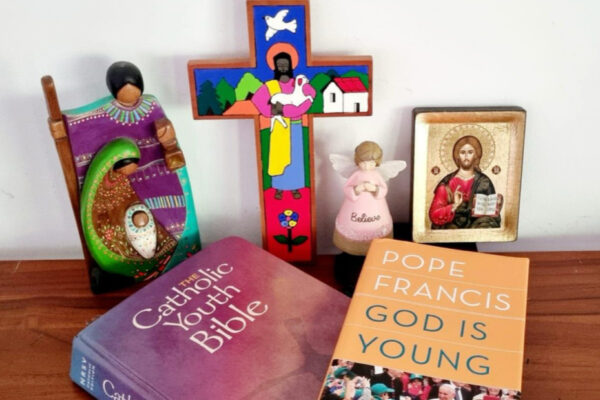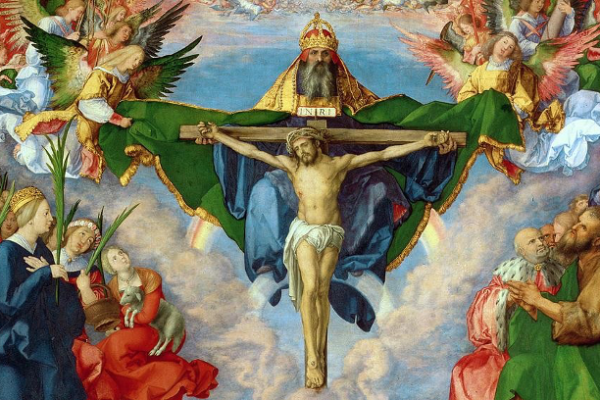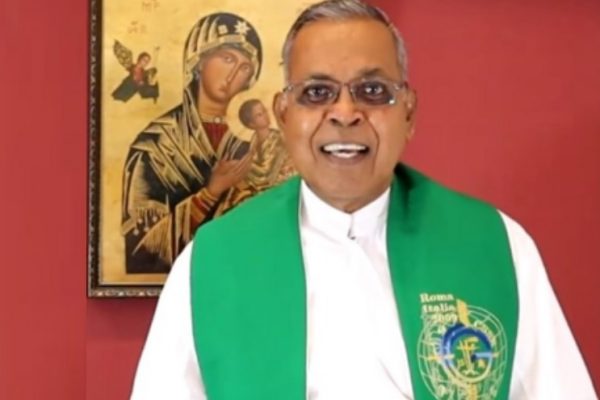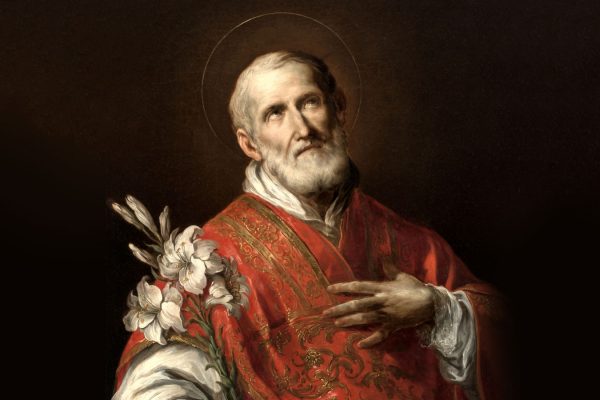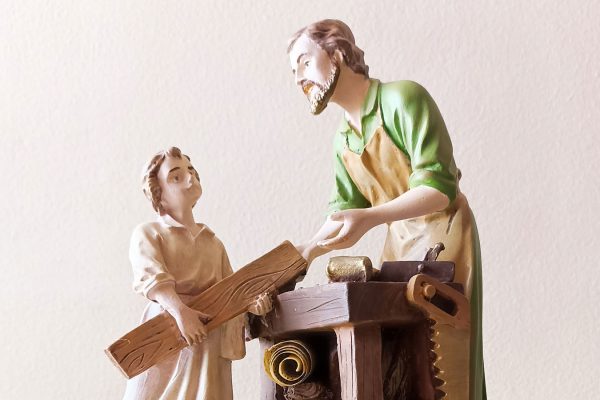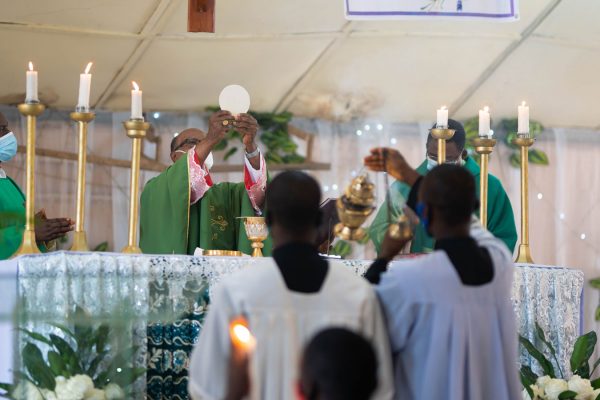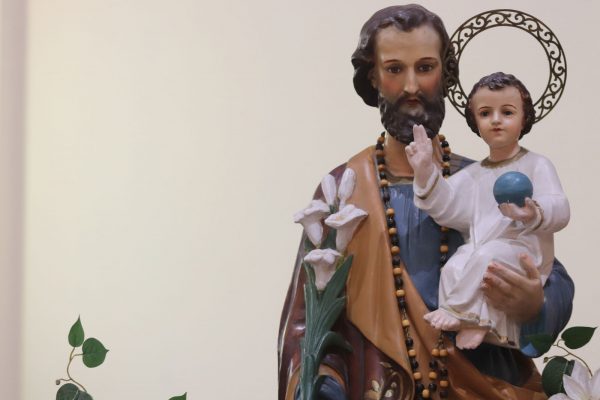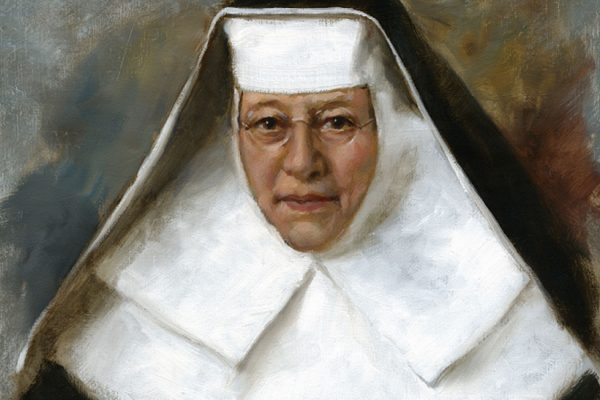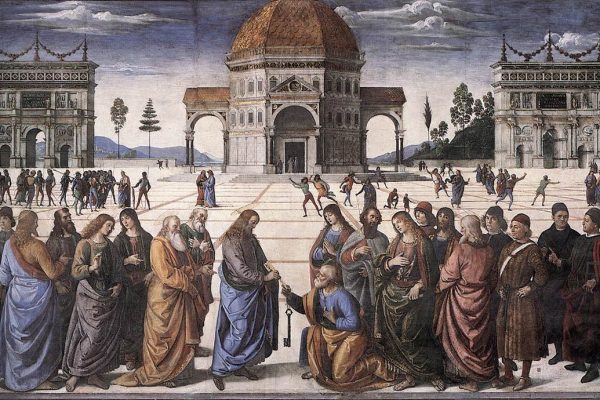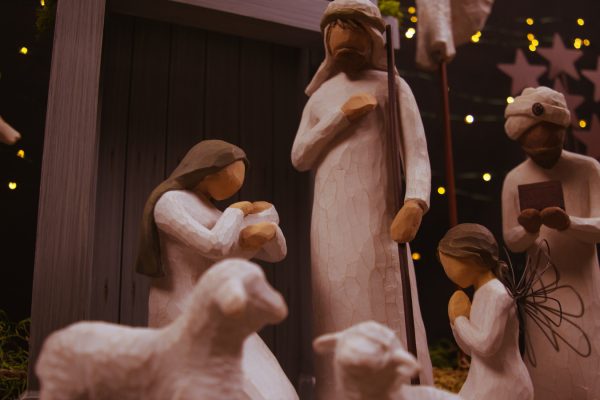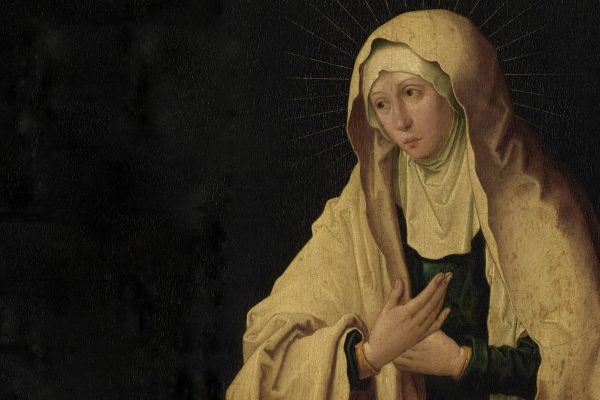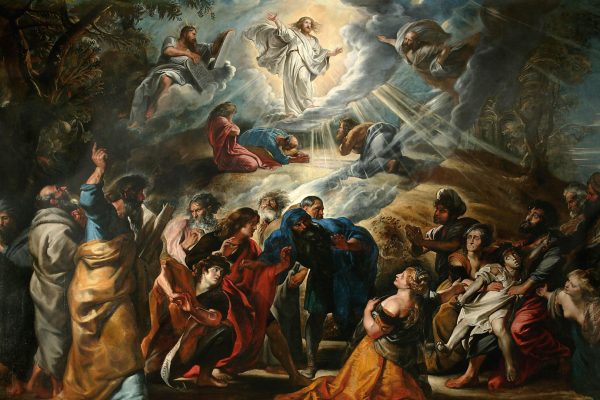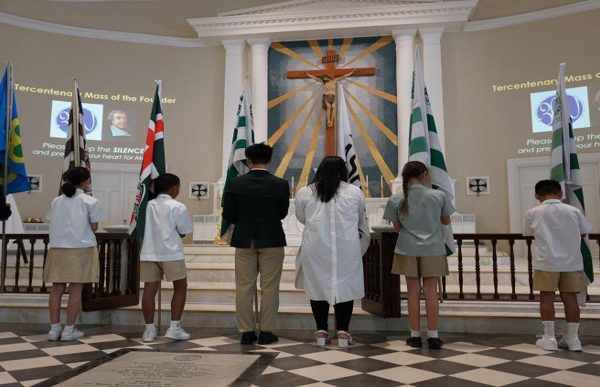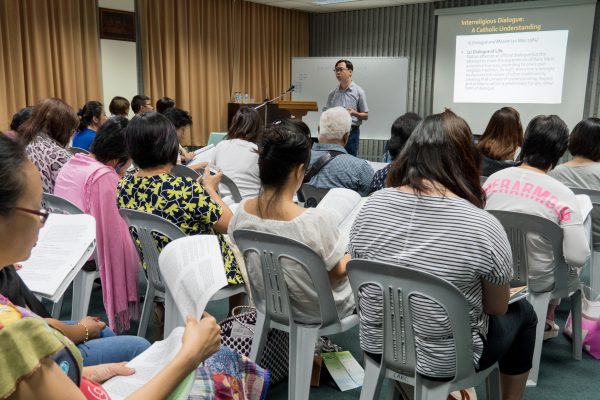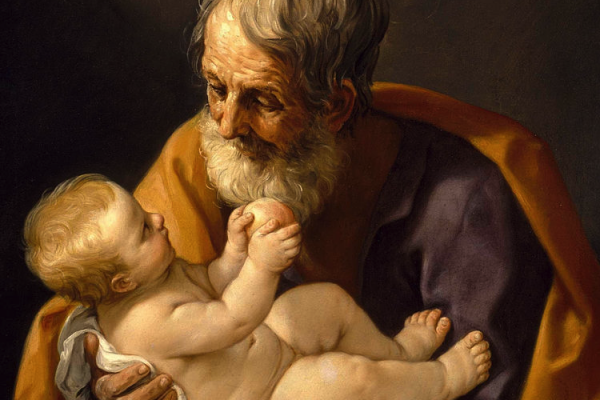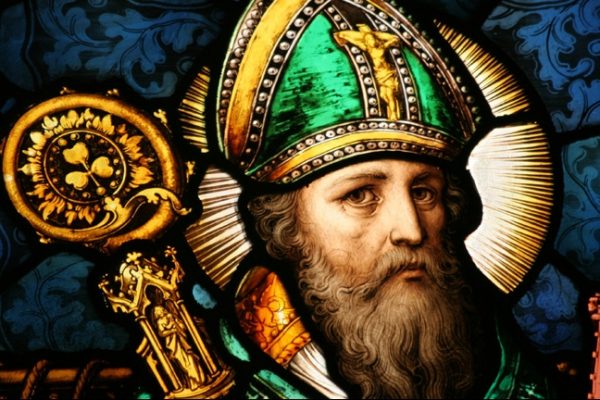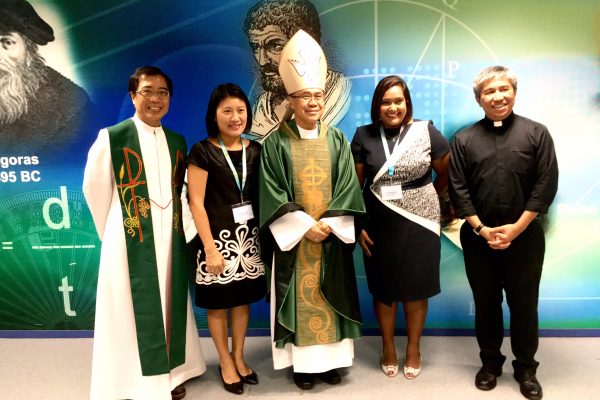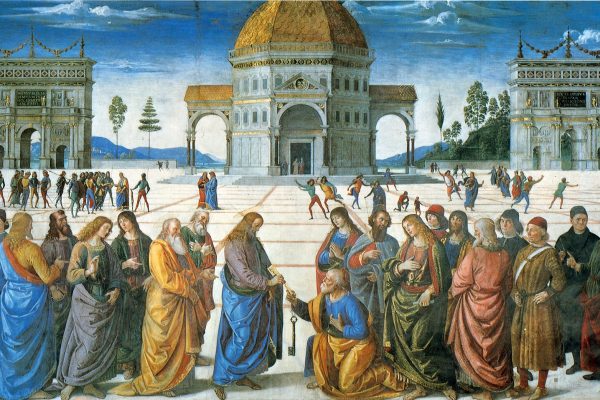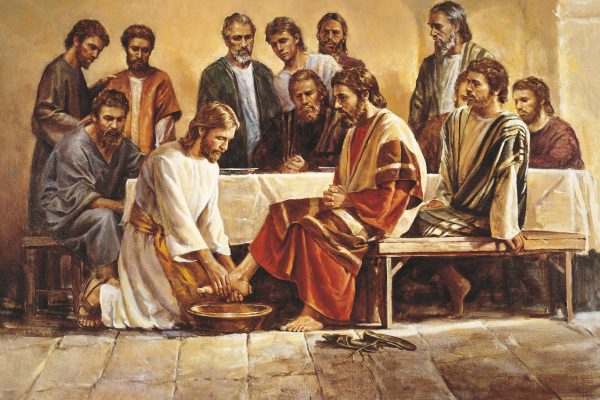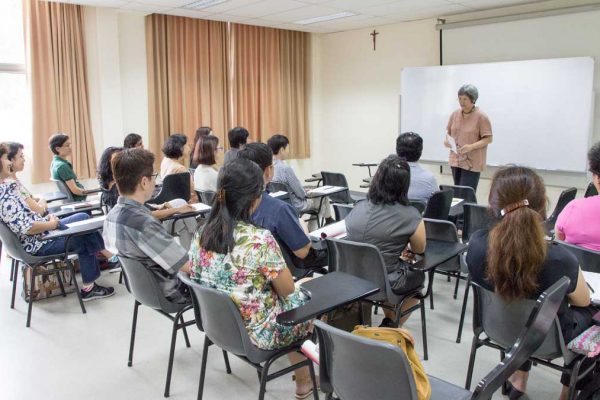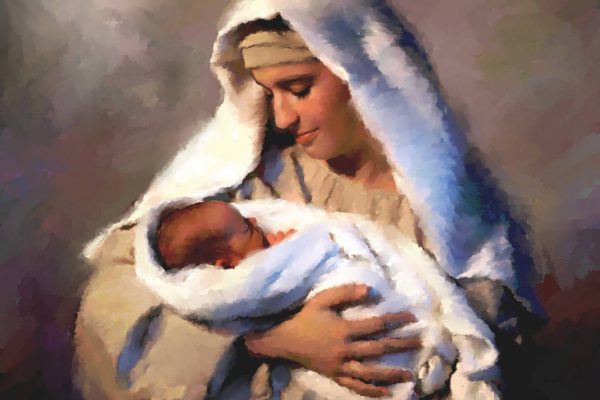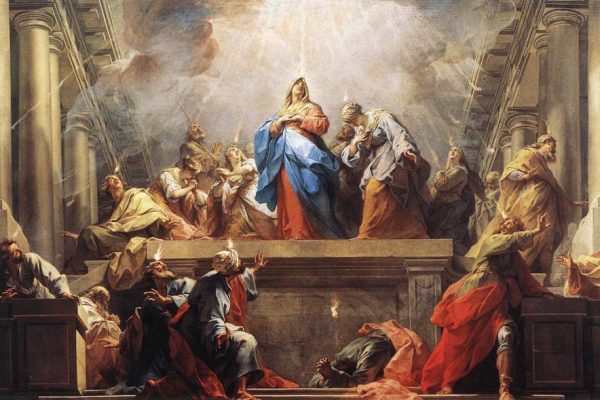
Celebrating Milestones: The Purpose and Power of Anniversaries by Michelle Tan
In today’s fast-paced and digitized world, hours, days and even years seem to whiz by. Oftentimes, in the busyness of life where we interface with machines more than human persons, we may have unintentionally let meaningful moments with God and others slip away unnoticed.
This is where the celebration of milestones and anniversaries can serve to be intentional pauses in our everyday routines to stop, still ourselves and spend precious time recalling significant moments and people in our personal or professional lives, or landmark events in history which have impacted the way we live, and of course, to see the Lord’s grace and blessing in all of these.
Origin
In the Bible, when Abram obeyed God’s command to leave his homeland and go “to a land I will show you” (Genesis 12:1), he built an altar when he finally arrived in Canaan, and at various significant stages of his journey thereafter (Genesis 12:7-8, 13:18). Similarly, Isaac built an altar to God in honour of his divine promise of countless descendants (Genesis 26:25); Jacob too set up a memorial after his dream of angels ascending and descending the stairway to heaven (Genesis 28:18); and Joshua erected 12 stones by the banks of the Jordan as a memorial for the people of Israel of their miraculous crossing into the Promised Land after the parting of the waters of the river (Joshua 4:1-9).
Modern-day milestones can be traced back to the ancient Romans who used markers called milliarium along the extensive road systems they built. Placed at intervals of one Roman mile – mille passuum or ‘a thousand paces’ – these milestones helped soldiers, traders and administrative officials track their progress and locate each other on the roads.
Indeed, having just completed the Camino de Santiago, every distance marker on the Way was an assurance that I was another kilometre nearer to my destination in Compostela, the resting place of St. James the Apostle. A common refrain in the Camino is “Ultreia y suseia!” – literally ‘forwards and upwards’ – “Keep going, you can do it!” Milestones thus remind us, not only of how far we have to go, but also of how far we have come. As any young man who has made it through National Service would surely agree, they serve as checkpoints on our earthly pilgrimage, allowing us to acknowledge growth, resilience, and perseverance in having made it thus far.
Personal and historical milestones
Birthdays are occasions for the celebration of life. A baby’s one-month anniversary is a matter of routine – even an obligation – for many young parents, but in circumstances of low infant mortality, this milestone would truly be one of joy and hope. In an era where human life is considered cheap, birthdays – whether celebrated or not – are proof of a human person’s ability to survive, adapt, overcome, and thrive.
In today’s throwaway culture, where love, like life, can also be discarded on a whim, wedding anniversaries honour perseverance, compromise, sacrifice and a love that stands the test of time. Similarly, work anniversaries and career milestones honour the dignity of a person by giving him his due. Celebrating these moments highlights the person’s value to an organisation, boosting morale and self-worth, and motivating continued dedication to contributing to the common good of all.
On the other hand, the anniversaries of a loved one’s passing may be bittersweet. For one still grieving, it can be a day of sorrow, guilt and regret. Yet lighting a candle, visiting a grave or columbarium, or holding a memorial mass or service is a moment of connection, offering us a place for remembrance, reflection, and ultimately, healing.
Historical anniversaries are also bridges spanning the passage of time, inviting recollection of the past, introspection on the present, and inspiration for the future. Celebrations like SG60 – Singapore’s 60th year of independence – not only bind all Singaporeans together to a collective history and a shared past, but also acknowledge lessons learnt from these, and the progress made and still needed. They foster unity, educate future generations, and generate sentiments of pride, gratitude, loyalty and solidarity.
Let us reflect: Can we recall the date of our baptism, our spiritual birthday? Are we aware that our marriages are sacraments of which we, the spouses are the ministers? Do we realise that, in honouring work anniversaries and career milestones, we are living out the principles of Catholic social teaching? Do we believe there is life and hope for our loved ones after death? Are we still convicted, despite all we see around us, that humanity is intrinsically good, made in the image and likeness of God its creator, who is in control of all history?
Sacred milestones
Every Sunday is a spiritual milestone celebrating Christ’s salvation of the world through his passion, death and resurrection. Saints’ feast days honour their exemplary holiness, remember their sacrifices or martyrdom, and seek their intercession – contemplating their lives in witness to the faith renews and reinvigorates our own.
Other milestone anniversaries this year remind us of key Catholic theological and social teachings.
2025 marks the 1,700th anniversary of the Council of Nicaea, which in 325AD refuted the heresy of Arianism which basically taught ‘Jesus Christ, yes – Son of God, no.’ According to Arianism, Jesus was merely an intermediary of God. The Council of Nicaea firmly declared ‘Jesus Christ, yes – Son of God, yes.’
Although the Church recites the Nicene Creed every Sunday, doubt that Christ was indeed more than just another great holy man is growing. “Revitalising the confession of Jesus Christ — to learn once more to see him in all his greatness and beauty — is an urgent task of our time, one that must be undertaken in ecumenical fellowship.” (Cardinal Kurt Koch, Prefect of the Dicastery for Promoting Christian Unity). This historic milestone invites us to examine our own beliefs and calls us to action to work for unity, not just among Christians, but with all of different beliefs.
Of the 10th anniversary of Laudato si’, Pope Francis’ landmark encyclical on care for our common home, Cardinal Michael Czerny, Prefect of Dicastery for Promoting Human Integral Development, exhorted in a recent interview: “In the context of the Jubilee of Hope 2025, this tenth anniversary will be a time to celebrate what has been achieved and to give thanks to God. A time to promote the encyclical among Catholics and people of all faiths who do not know it. A time to mourn – and struggle – with those who suffer, marginalised or impoverished, because of the damage inflicted on the Earth and unjust economic mechanisms.”
Not so well known is that 2025 is also the 30th anniversary of Evangelium Vitae, St. John Paul II’s encyclical on the value and inviolability of human life, denouncing abortion and euthanasia and the ‘culture of death’. For this occasion, the Dicastery for Laity, Family and Life published a Pastoral Framework calling on all faithful, “in a time marked by extremely serious violations of human dignity, with many countries afflicted by wars and all sorts of violence – especially against women, children before and after birth, adolescents, people with disabilities, the elderly, the poor and migrants,” to continue respecting, safeguarding and defending every human life.
Closer to our hearts, many Catholic schools are celebrating milestone anniversaries in 2025. And as a matter of course, all Catholic schools celebrate their founders’ days every year.
Let us reflect: Are these just opportunities for us to have a big party and raise funds, or events to be participated in out of mere obligation, or dates on a calendar that are passed over with indifference? Or do we grasp the moment to seriously strengthen and build new bonds of communion among current staff, students and alumni, and to collectively ponder upon what might be required to remain committed to continuing our founders’ legacy in the face of new challenges and changing signs of the times? What do Church milestones really mean to us, if they mean anything at all, and what should we then do?
Gratitude
As we pass the halfway mark of the year, perhaps we, as Catholics, could pause and take a moment to ask ourselves: Where and when on our life journey should we have put up altars, memorials or spiritual “stones” to mark God’s hand on our hearts and in our minds?
If we have difficulty answering this question, perhaps now would be a good time to start looking back at our lives thus far, and to thank Him for what He has done for us throughout.
As popular American priest and speaker Fr Mike Schmitz taught in one of his YouTube videos, we should try our best to:
- Notice and be aware of what is happening to, or around, us.
- Take note of its source – does it come from God or not?
- If it is from God, to acknowledge, affirm, appreciate His goodness and watchful care for us.
- Announce it – testify or tell others about it, helping others to see God’s loving hand in their lives too.
Gratitude, thankfulness, thanksgiving and praise should undergird every and any milestone or anniversary. After all, it is only good manners, especially if we anticipate asking God for more help in the future.
“Rejoice always, pray without ceasing, give thanks in all circumstances; for this is the will of God in Christ Jesus for you.” (1 Thessalonians 5:16-18)
As legendary Indian cricketer Sachin Tendulkar described it: “Success is a process… During that journey sometimes there are stones thrown at you, but you just convert them into milestones.”
As Catholic educators, let us therefore help our students turn the ‘stones’ life throws at them into milestones, recognising their steps forward no matter how small or unsteady, acknowledging them, and affirming them for their effort. May we teach our young people how to harness the purpose and power of anniversaries and to see them as God-given stepping stones towards being better versions of themselves.
Credits: Image from smilemoney.com



























